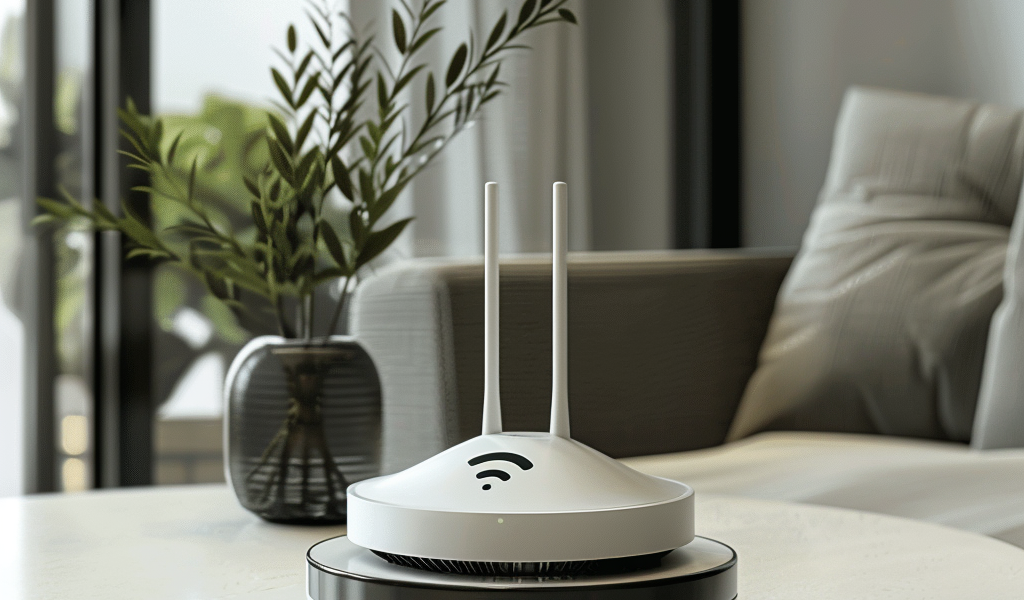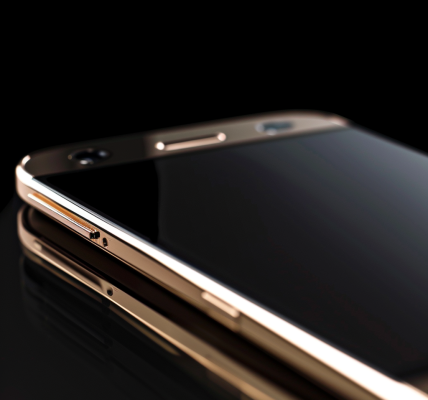Have you ever wondered about the origin of the term Wi-Fi? Contrary to popular belief, it is not an abbreviation for ‘wireless fidelity.’ In fact, Wi-Fi is a play on the term Hi-Fi, which was coined in the 1950s by audio equipment manufacturers as a shortened version of ‘high fidelity.’
The term ‘wireless fidelity’ doesn’t actually exist. It is simply a catchy name invented by marketers. The idea that Wi-Fi stands for ‘wireless fidelity’ has been circulating on the internet for years, but it is a myth debunked by Cory Doctorow of Boing Boing as far back as 2005.
Wi-Fi was actually coined by the marketing firm Interbrand in 1999. The technical term for the technology was IEEE 802.11, but Interbrand felt that it needed a more memorable and universal name that would resonate with consumers. They wanted a name that intuitively conveyed the concept of wireless internet access, and that’s how Wi-Fi, a play on the familiar term Hi-Fi, came into being.
The success of the branding was evident as it effectively communicated the idea of accessing wireless internet without the need for cables, which was a revolutionary concept for consumers in the 1990s. Wi-Fi quickly became synonymous with wireless internet access globally, reflecting the high-quality, lossless connection it provided.
So, the next time you connect to a Wi-Fi network, remember that the term is not an acronym for ‘wireless fidelity,’ but rather a clever play on the familiar term Hi-Fi, courtesy of savvy marketers at Interbrand.





